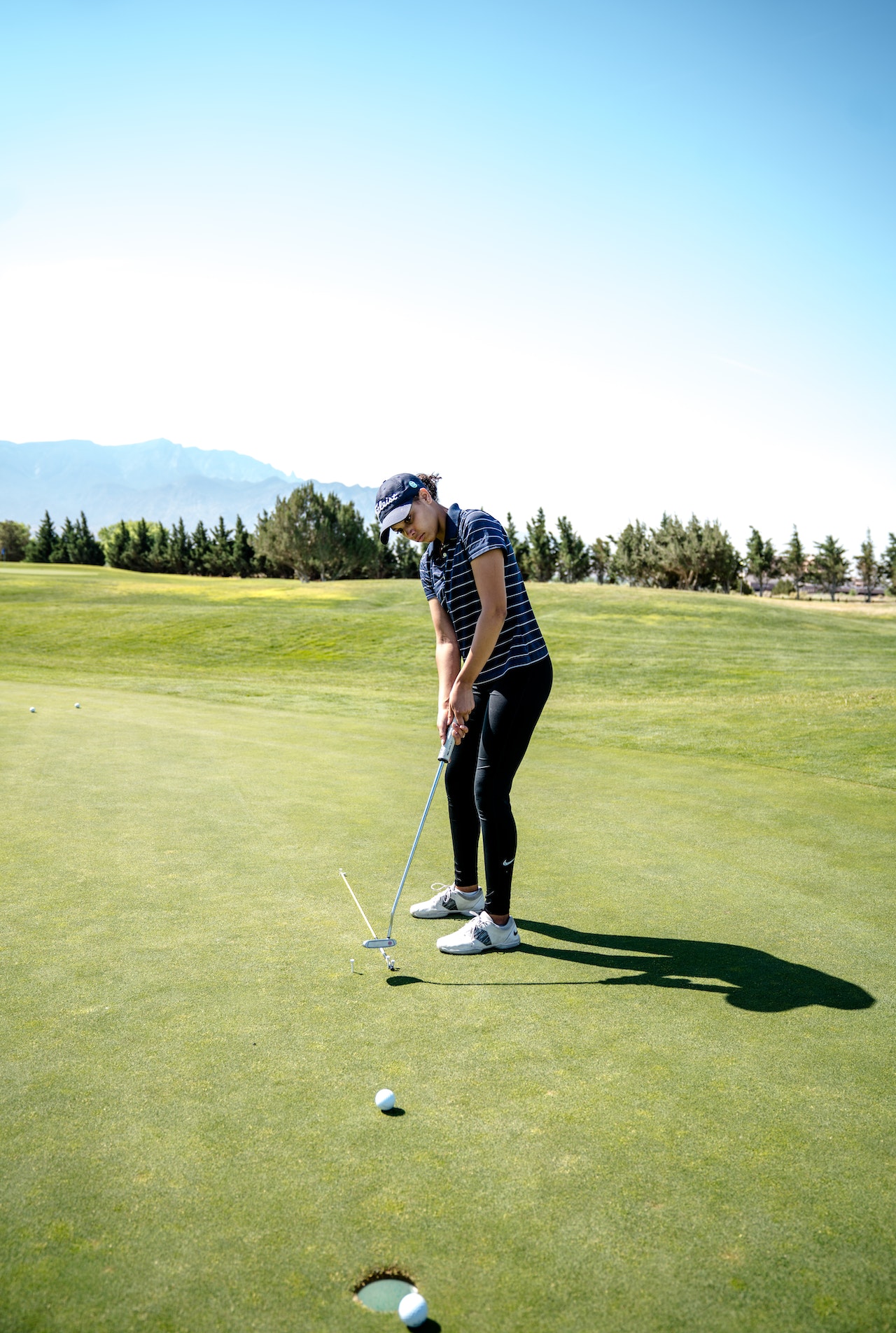 If you’re just starting out taking up the challenging game of golf there is an enormous amount of skills and knowledge that needs to be learnt (just to be OK at the game. The vast world of techniques, equipment, and terminology can be a bit overwhelming. Most instructors will advise beginning with foundational elements to ensure the best long-term development and enjoyment of the game. A golf instructor can teach you the basics of the game. So do yourself a favour and book a lesson as step one. Here’s an outline of what a first golf lesson might entail:
If you’re just starting out taking up the challenging game of golf there is an enormous amount of skills and knowledge that needs to be learnt (just to be OK at the game. The vast world of techniques, equipment, and terminology can be a bit overwhelming. Most instructors will advise beginning with foundational elements to ensure the best long-term development and enjoyment of the game. A golf instructor can teach you the basics of the game. So do yourself a favour and book a lesson as step one. Here’s an outline of what a first golf lesson might entail:
-
Introduction to Golf Equipment
– Explanation of different clubs (drivers, irons, wedges, putters) and when to use them.
– Introduction to basic golf gear (balls, tees, gloves, shoes).
-
Basic Rules and Etiquette
– Covering essential rules (there are 25 rules- but many sub rules) such as scoring, out-of-bounds, hazards, and drop procedures.
– Introducing etiquette like keeping up the pace of play, not stepping on someone’s putting line, and safety guidelines.
-
The Grip
– Arguably the most critical aspect for beginners. A proper grip sets the foundation for a good swing.
– There are a few types of grips: interlock, overlap, and ten-finger (baseball). An instructor will help determine which is most comfortable and effective for the beginner.
-
Stance and Posture
– Demonstrating how to stand to the ball: feet shoulder-width apart, slight bend in the knees, leaning forward from the hips, and keeping the back straight.
– Addressing ball position, which varies slightly based on the club being used.
-
Basic Swing Mechanics
– Breaking the swing down into segments: backswing, downswing, and follow-through.
– Emphasis on turning the shoulders and hips, rather than just using the arms.
– Importance of maintaining balance throughout the swing.
-
Putting Basics
– Considering Putting is done more than any other stroke in golf and it’s the easiest to learn because there is less and slower movement required for the stroke. This is often a good lesson to learn first.
The putting stroke is different from a full swing, so beginners will learn how to grip the putter, stand over the ball, and execute a smooth putting stroke.
-
Practice Time
– Spend some time on a practice range or putting green, putting the lesson into action.
– Start with short swings or putts and gradually work up to longer swings as comfort and understanding improve.
-
Feedback and Recap
– The instructor will offer feedback on what the beginner did well and areas to improve.
– Summarising key points from the lesson and offering drills or exercises to practice before the next lesson.
It’s essential to remember that golf is a challenging sport that requires patience and practice. Beginners should focus on enjoying the process and not getting too frustrated with early mistakes. Over time, with consistent practice and guidance, one’s skills will undoubtedly improve.
It takes years to gain the knowledge and skills to be good at golf so think as your first lesson as the start of a new lifelong skill rather than a quick activity to master.